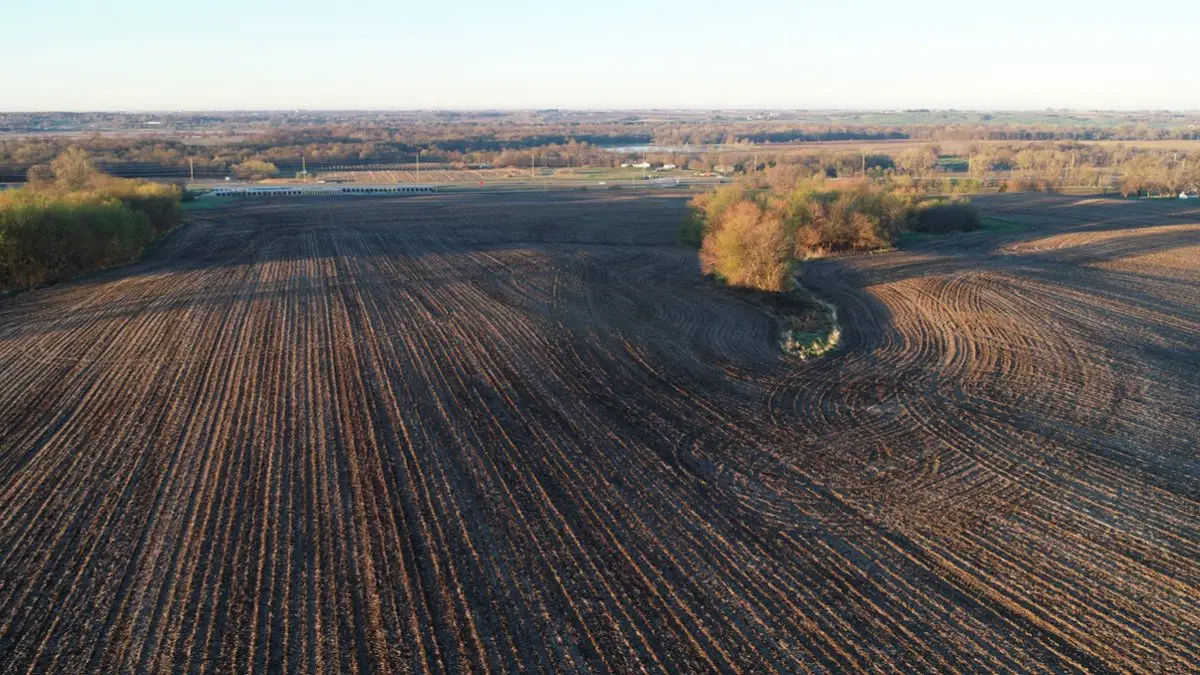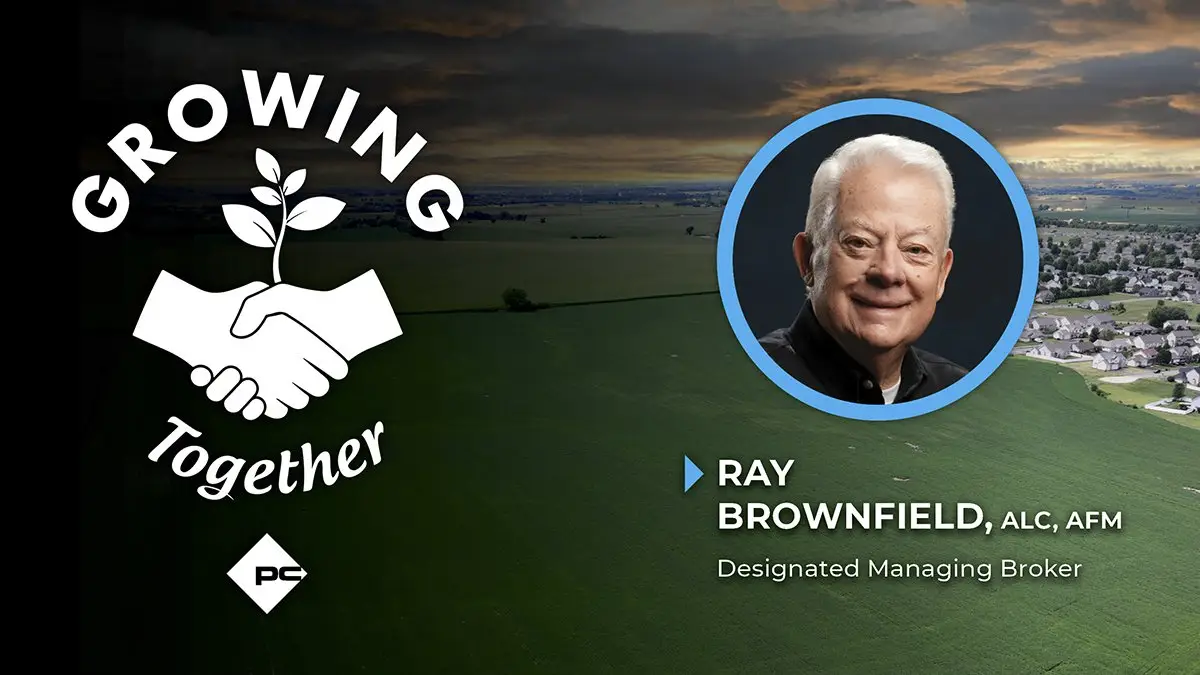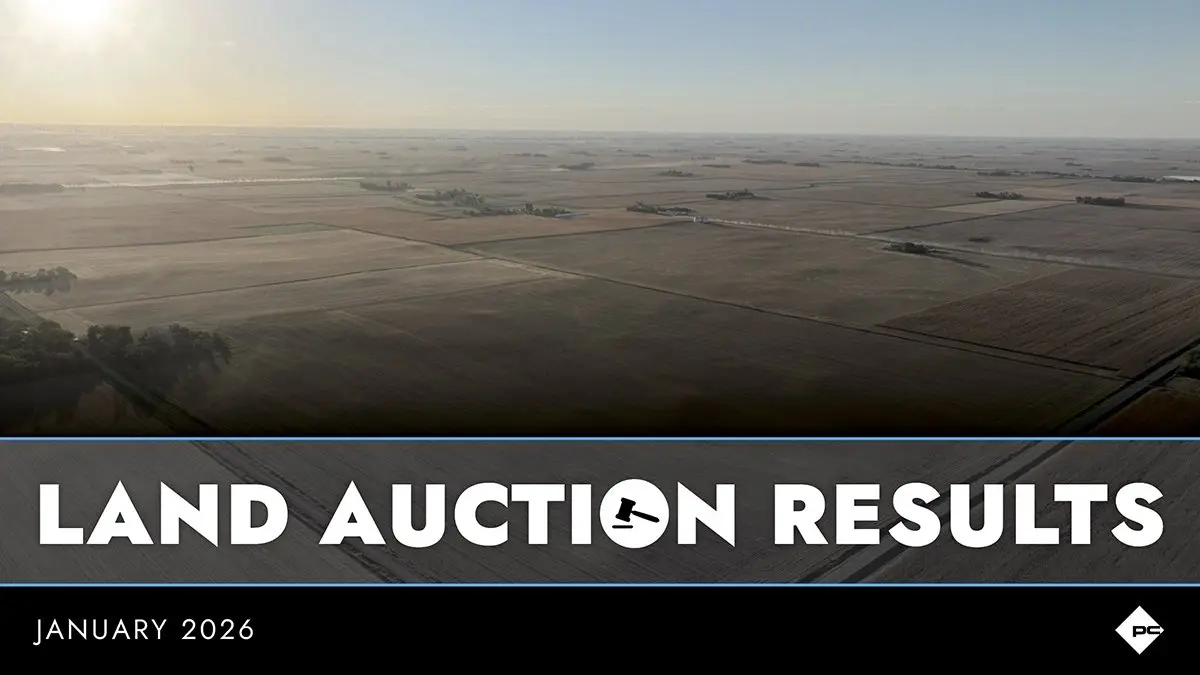When we think of investment vehicles, our minds often drift to stocks, bonds, or commercial and residential real estate. But there’s an investment class that doesn’t always get the spotlight it deserves: farmland. Beyond its basic value as a commodity, farmland offers a range of unique benefits and hidden opportunities that set it apart from more traditional investments. Here’s why farmland is worthy of consideration for your diversified portfolio.

Consistent Appreciation
One of the most compelling reasons to invest in farmland is its consistent appreciation. Historically, farmland has seen an annual increase in value of 5 to 10 percent. According to long-term studies conducted by NCREIF and Peoples Company, farmland assets have shown even stronger performance, with total farmland assets averaging 12.45% annually, cropland assets at 11.04%, and permanent cropland at 13.91% over a 20-year period. During volatile economic periods, cropland has not only remained consistent but also served as an effective hedge against inflation. Unlike many assets that experience significant drops in value, cropland has consistently increased in value over time.
Strategic Development Opportunities
Farmland is a multigenerational asset that can provide unique development opportunities. Strategic locations can offer significant development potential. For example, land in the right zone may be a candidate for infrastructure projects or renewable energy developments like wind or solar farms. With the global push towards sustainable energy, owning farmland in areas suitable for these projects can open new revenue streams and enhance the land’s value.
Sustainable Practices and Enhanced Productivity
Modern agricultural practices, such as crop rotation and land tiling, not only contribute to more productive farming practices but also increase the long-term value of the land. These sustainable practices help maintain soil health and productivity, leading to increased yields and, consequently, greater value. Investing in farmland means you’re supporting and benefiting from advancements in agricultural technology and sustainability.
Accessibility Through Pooled Investments
For those unfamiliar with agriculture or who lack the capital to invest in large tracts of land, the barrier to entry might seem high. However, firms like Peoples Company offer solutions that make farmland investments accessible to a broader audience. Through pooled investment opportunities, individuals can invest in farmland without needing extensive knowledge of agriculture or significant capital. This approach allows investors to benefit from farmland’s growth potential while leveraging the expertise of professionals like the team at Peoples Company.
The professionals at Peoples Company bring expertise across key areas, including appraisal, land management, capital markets, and brokerage. With comprehensive data and strategic analysis on farmland assets across the U.S., Peoples Company provides a one-stop shop for investors, giving them peace of mind when entering this asset class. Whether you're new to farmland or an experienced investor, Peoples Company makes the process easier and more accessible.
Why Consider Farmland?
Farmland is more than just an investment; it’s a tangible asset with intrinsic value that grows over time. Its steady appreciation, development potential, and sustainable practices make it a unique opportunity that traditional investments may not. For those looking to diversify their portfolio, farmland represents a stable and potentially lucrative option that could support multiple generations.
If you're interested in exploring farmland investments but are unsure where to start, consider reaching out to Peoples Company. Their diverse investment opportunities and expertise can guide you through the process, allowing you to tap into the benefits of farmland investment with confidence. Farmland might not be the most talked-about investment, but its distinct advantages make it a compelling option for those looking to explore hidden opportunities in their investment strategy.








